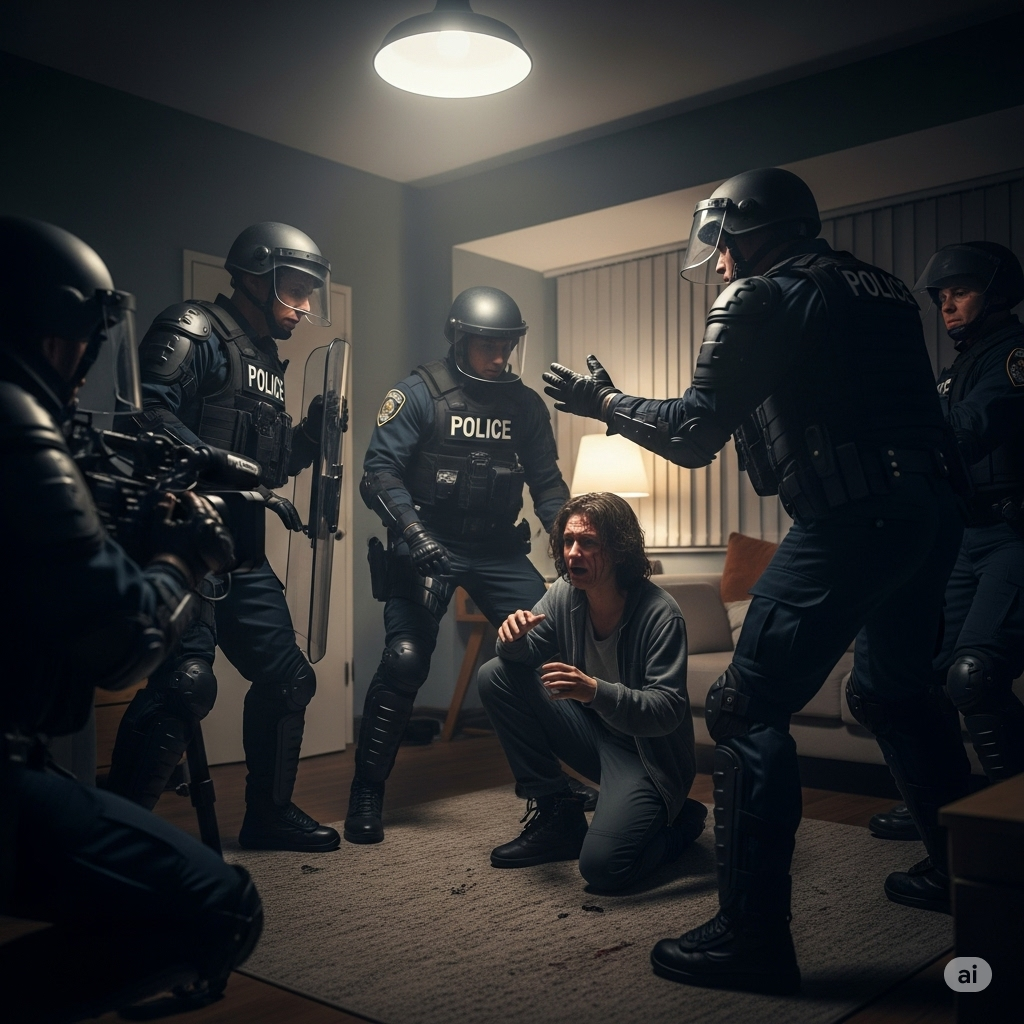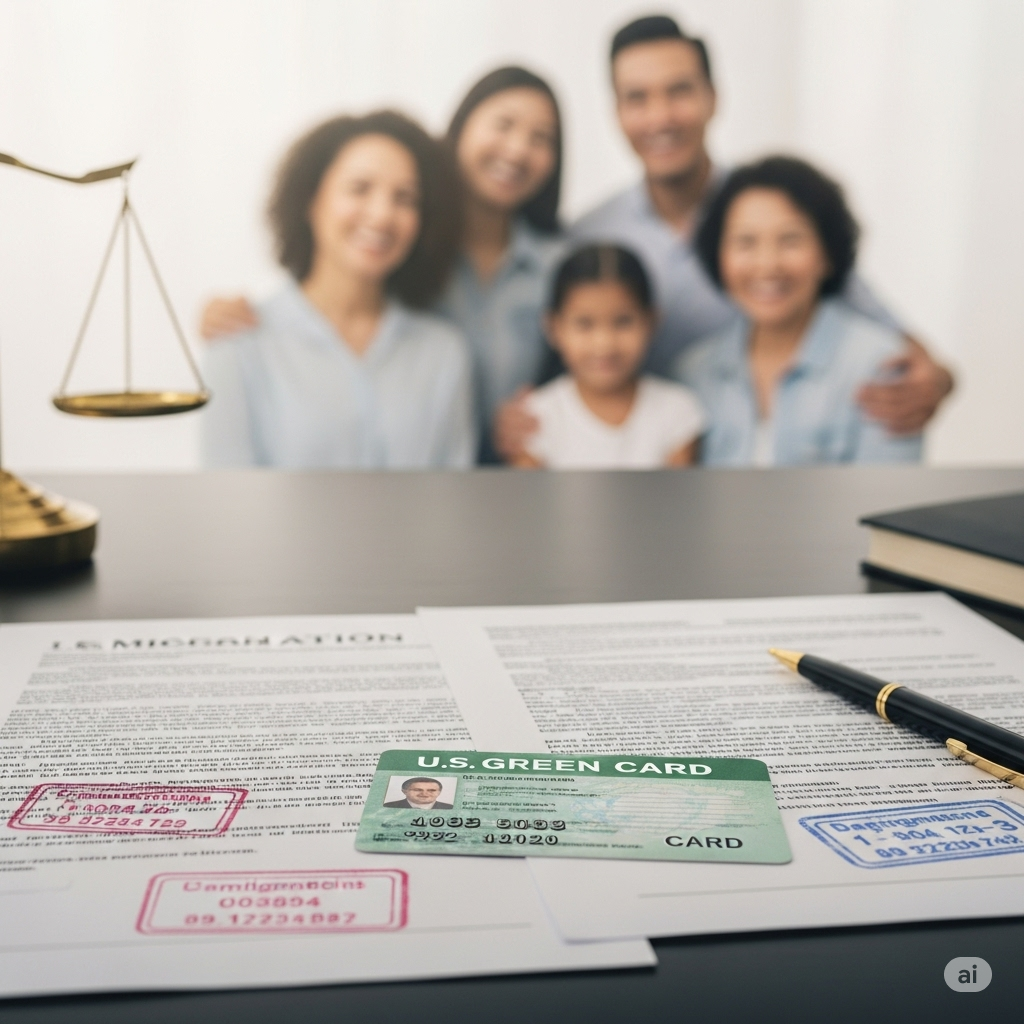Introduction: When Police Misconduct Meets Mental Health Crises.
During a mental health crisis, individuals need care, compassion, and clinical support not confrontation, criminal charges, or handcuffs. However, in many cities across the United States, police misconduct in mental health situations remains disturbingly common. Instead of receiving emergency psychiatric help, people often endure arrest, forceful detention, or even physical abuse. These incidents don’t just reflect poor judgment; they reveal critical flaws in the intersection of mental health law and policing.
This article explores the dangerous outcomes of police intervention during mental health emergencies, the need for legal reform, and the systems that should replace arrest-based responses. When the law treats mental illness like a crime, the results often involve trauma, mistreatment, and missed chances for recovery.
Understanding the Link Between Mental Illness and Criminal Justice
A person in a mental health crisis may exhibit behaviors that seem confusing or threatening. They might shout, act irrationally, or resist help. These actions stem from conditions like bipolar disorder, schizophrenia, PTSD, or severe depression. Unfortunately, law enforcement officers often interpret these symptoms as criminal behavior instead of medical emergencies.
In many cases, families, neighbors, or even strangers call 911 for help. Rather than sending trained clinicians, dispatchers often assign police officers who may lack the tools to handle psychiatric crises safely. This pattern contributes to a troubling overlap between mental illness and the criminal justice system, where vulnerable individuals end up behind bars instead of hospital beds.
Why Arrests Still Happen During Mental Health Crises
1. Minimal Officer Training on Misconduct in Mental Health
Most police departments provide just a few hours of mental health training. Without proper instruction, officers may not recognize a person’s symptoms or know how to de-escalate tense situations.
2. Lack of Resources for Immediate Mental Health Care
In many communities, mobile crisis teams or crisis stabilization units don’t exist or remain severely understaffed. Police officers often find themselves with no better option than jail.
3. Broad Legal Powers Without Clear Guidance
Many state laws give police authority to detain people who appear dangerous or disoriented. However, these laws often fail to outline how officers should connect those individuals with care.
4. Overloaded Emergency Rooms and Psychiatric Facilities
Hospitals frequently turn away individuals due to crowding or insurance issues. When medical systems fall short, the legal system steps in and usually makes things worse.
Instead of solving the crisis, this approach worsens it. Arrest doesn’t address the root issue. It punishes behavior caused by illness.
The Harmful Impact of Arresting People with Mental Illness
1. Psychological Trauma and Escalation
Being handcuffed or restrained during a breakdown often worsens the situation. It increases stress, triggers PTSD, and fuels future distrust in authorities. This trauma, caused by police misconduct in mental health situations, often goes unaddressed.
2. Incarceration in Unsafe Conditions
Jails lack the staff, structure, and services needed for mental health treatment. They often isolate individuals “for safety,” which actually heightens paranoia and psychotic symptoms.
3. Criminalization Instead of Care
A person arrested during a crisis may face charges, probation, or court hearings. These legal consequences rooted in the criminalization of mental illness create lifelong barriers to employment, housing, and healthcare.
4. Risk of Injury or Death
In far too many cases, a police encounter ends with severe injury or death. The use of force escalates quickly when officers misinterpret mental health symptoms as threats. These tragedies reflect a serious failure to respect disability rights and protect vulnerable populations.
What the Law Should Have Done Instead
Rather than defaulting to handcuffs, lawmakers and courts must design systems that offer immediate help, not punishment. Here’s how legal systems can protect people experiencing crises:
1. Prioritize Crisis Intervention Teams (CIT)
Well-trained CIT officers know how to recognize symptoms, de-escalate situations, and guide individuals to mental health services. However, cities must combine CIT programs with accessible treatment centers. Police cannot serve as substitutes for clinicians.
2. Fund Non-Police Crisis Response Teams
Programs like CAHOOTS in Eugene, Oregon prove that social workers, paramedics, and mental health professionals can safely respond to emergencies without police. These teams reduce arrests and improve outcomes by removing force from the equation.
3. Expand Crisis Stabilization Units
First responders should never take people in crisis to jail. Instead, they should transport them to facilities designed for short-term stabilization and care. These centers offer psychiatric evaluations, medication, therapy, and a path to recovery.
4. Build Legal Pathways to Treatment, Not Jail
Judges and prosecutors must develop mental health courts, pre-arrest diversion programs, and alternative sentencing options. These routes should help individuals access treatment while avoiding a criminal record. Strong mental health arrest rights policies can protect people from harmful legal consequences.
5. Track Data and Demand Transparency
Every department should record and publish statistics on mental health-related arrests, injuries, and deaths. This transparency reveals patterns of police misconduct and mental health discrimination, allowing communities to hold systems accountable.
Real Success Stories: Cities That Got It Right
Eugene, Oregon – The CAHOOTS Model
The CAHOOTS program handles over 20,000 calls annually. Trained professionals respond to nonviolent psychiatric and addiction crises. Police only join in high-risk situations less than 5% of the time. This model has saved Eugene millions in emergency costs and lawsuits.
Miami-Dade County Mental Health Court Success
Miami-Dade County created a comprehensive diversion system. It includes a mental health court, extensive CIT training, and a robust treatment network. As a result, they closed one of their jails and redirected funds to community-based care. Over 100,000 individuals avoided incarceration.
These examples prove that with vision and commitment, cities can protect public health while upholding legal rights during mental health crises.
The Role of Policy and Advocacy in Preventing Wrongful Arrests
Lawmakers must take the lead in eliminating wrongful arrests due to mental illness. However, community advocates also play a crucial role.
Here are essential policy changes we must push for:
- Expand Medicaid to include comprehensive mental health treatment.
- Fund regional crisis teams and stabilization centers.
- Limit police use of force in mental health emergencies.
- Mandate reporting on police actions involving mental illness.
- Enforce training standards to avoid disability rights police abuse.
When we demand accountability and fund alternatives, we prevent avoidable tragedies and empower communities.
Building a Health Based Emergency Response Model
Transforming mental health response systems requires more than reforming police departments. It involves changing how society views mental illness. We must shift from fear to understanding, from criminalization to care.
Instead of asking, “How do we control this behavior?” the right question becomes, “What support does this person need right now?” Only by centering care over control can we dismantle the destructive patterns of police misconduct in mental health crises.
Frequently Asked Questions
1. Can police still arrest someone in crisis if they are dangerous?
Yes, but only as a last resort. If a person poses an immediate threat and refuses care, officers may intervene. However, the response should still prioritize de-escalation and medical aid.
2. What should I do if my area lacks a crisis response team?
Start by contacting local officials, attending city council meetings, and supporting mental health advocacy groups. Public demand drives political change.
How can families prepare for a potential mental health crisis?
Create a crisis plan that includes emergency contacts, preferred hospitals, medication lists, and instructions for responders. This helps ensure care not arrest.
Are mental health courts available everywhere?
No. Access depends on local policy and funding. However, ongoing advocacy can bring these life-saving programs to more communities.
Do non-police crisis teams always work?
They succeed when fully funded, staffed, and supported by local services. Like any system, they need adaptation and evaluation to stay effective.
Conclusion: Time to End Police Misconduct in Mental Health Crises
Arresting people during mental health crises does not heal them. It scars them. It adds legal burdens, deepens trauma, and ignores the root cause of the behavior. Worse, police misconduct in mental health incidents often leads to irreversible harm.
Communities must act now. By investing in non-police response teams, building stabilization centers, and protecting civil rights, we can replace cruelty with care. Every person deserves dignity during a health emergency. The legal system must reflect that truth not punish it.
#PoliceMisconduct #MentalHealthLaw #MentalHealthCrisis #LegalRights #DisabilityRights #MentalHealthJustice #WrongfulArrest #MentalIllnessAndJustice #CrisisIntervention #MentalHealthAwareness #MentalHealthAdvocacy #CrisisResponse #MentalHealthReform #StopCriminalizingMentalIllness #MentalHealthSupport






Leave a Reply